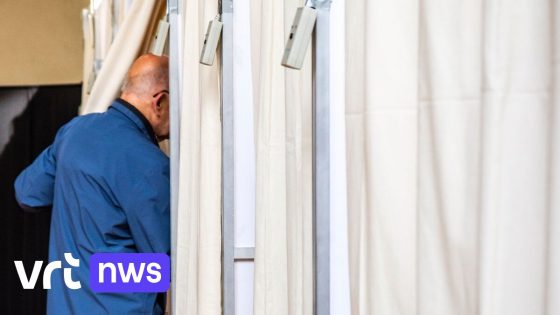On April 24, 2025, a controversial decision at UGent allows convicted Reuzegom member ‘Zaadje’ to supervise master’s theses. This has sparked significant debate among students and faculty alike, raising questions about ethics and accountability in academia.
- Reuzegom member guides master's theses at UGent
- UGent rector defends controversial decision publicly
- Criticism arises over Reuzegom member's role
- Concerns about perceived breach of trust expressed
- Respect for rule of law emphasized by rector
Why is UGent allowing a Reuzegom member to supervise master’s theses?
The University of Ghent (UGent) has faced backlash after permitting ‘Zaadje,’ a convicted participant in the Reuzegom case, to guide students on their master’s projects. Rector Van de Walle defends this choice as an act of respect for the legal system while acknowledging public outrage. Key points include:
- This move aims to integrate individuals back into society.
- The university emphasizes rehabilitation over punishment.
- Concerns arise regarding the message it sends about accountability.
The ongoing discussions around this decision reflect broader societal debates on justice and second chances. As UGent continues to face scrutiny, it must find ways to uphold its educational standards while respecting individual rights. What do you think? Should past offenders be given such responsibilities?

























